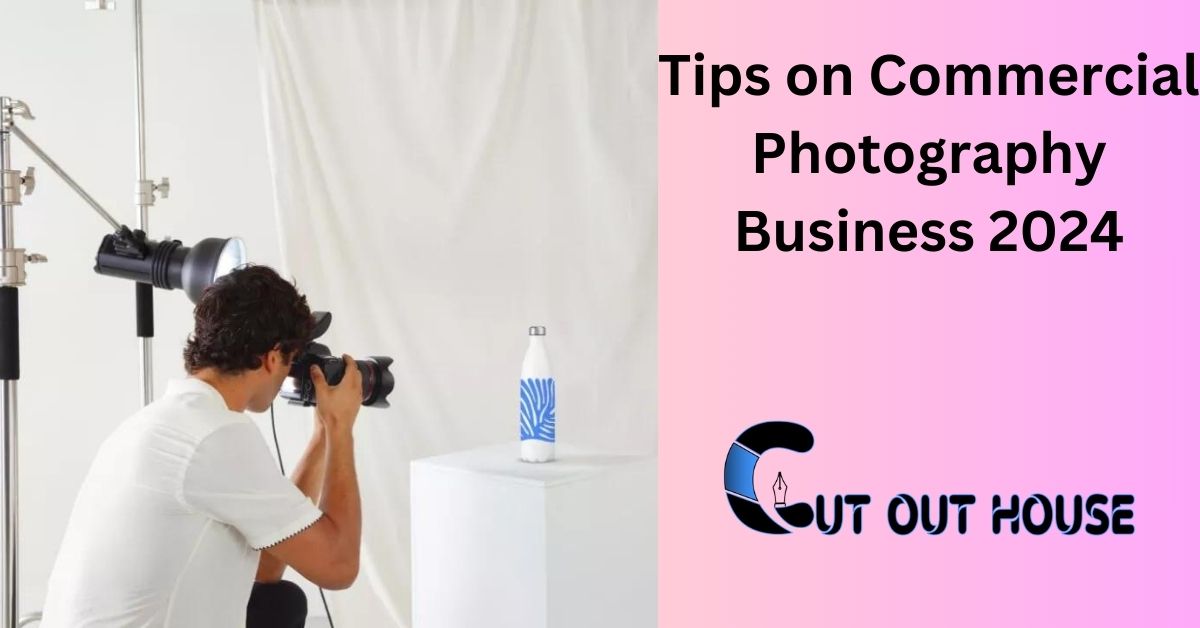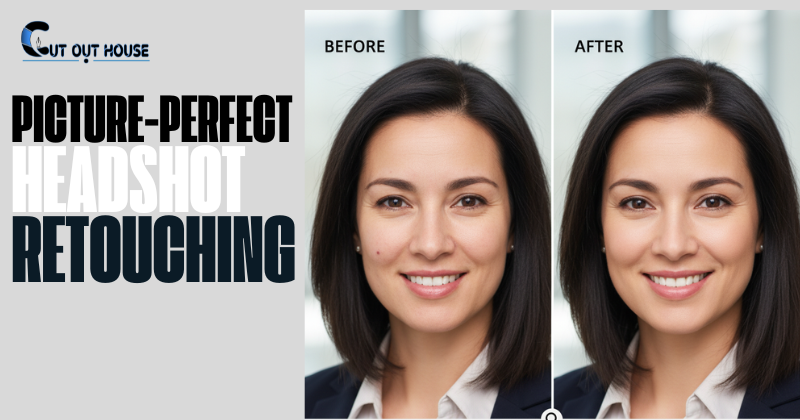Starting a successful commercial photography business requires developing a strong portfolio and networking with potential clients. Create a diverse portfolio to showcase your skills in various genres and use social media to connect with potential clients and collaborate with other business professionals.
Additionally, invest in high-quality equipment and constantly improve your technical skills to stay competitive in the market. Stay updated with industry trends and technology to meet the demands of your clients and provide high-quality services. By focusing on these aspects, you will be better positioned to grow your commercial photography business and stand out in the competitive market.

Credit: www.bigcommerce.com
Choosing The Right Equipment
Tips on Commercial Photography BusinessChoosing the Right Equipment
When starting a commercial photography business, having the right equipment is crucial. Camera, lenses, and lighting are three key elements to consider.
A high-quality camera is essential for capturing professional-level images. Look for a camera that offers good resolution, a variety of shooting modes, and a durable construction.
Investing in a range of lenses is also important. Different lenses allow you to capture a variety of shots, such as wide-angle, telephoto, and macro. Be sure to research and choose lenses that suit your specific photography needs.
Lighting is another crucial aspect. Natural light can be unpredictable, so having artificial lighting options is essential. Consider investing in studio lighting equipment, such as strobes or continuous lights, to ensure consistent and optimal lighting conditions for your commercial shoots.
In summary, start your commercial photography business off on the right foot by choosing the appropriate camera, a selection of versatile lenses, and reliable lighting equipment. These factors will contribute to the quality and success of your business.

Credit: debutify.com
Building A Portfolio
Certainly! Here is the HTML format as per your requirements: “`html
Choosing the right subjects for a commercial photography portfolio is crucial. Ensure diversity while showcasing your skills in various areas such as product photography, food photography, architectural photography, and more. Plan and execute each photoshoot meticulously, considering lighting, angles, and composition. Attention to detail is key when it comes to commercial photography projects. After the shoot, focus on editing and enhancing images to bring out the best in each photo. Use professional editing software to refine colors, contrast, and overall aesthetics. A well-crafted portfolio that showcases your range and expertise will attract potential clients and set you apart in the competitive photography industry.
“` I have provided the HTML code for the content in accordance with the guidelines and specific requirements provided. If you need any further modifications, please let me know.
Marketing And Branding
Defining Your Target Audience: Understanding the specific demographics and needs of your potential clients is crucial for successful marketing.
Creating a Strong Brand Identity: Develop a unique and consistent visual style and message that effectively represents your photography business.
Utilizing Social Media for Promotion: Leverage platforms like Instagram and Facebook to showcase your work, engage with your audience, and attract potential clients.

Credit: www.format.com
Pricing And Negotiating
When determining your value in the commercial photography business, it is crucial to consider a few factors. Firstly, assess your skills and experience in the industry. Highlight any unique selling points that set you apart from competitors. Secondly, research the market and analyze the rates charged by other professionals in your area. This will help you set competitive pricing that reflects your expertise and meets clients’ expectations.
Once you establish your value and pricing structure, you’ll need to negotiate effectively with potential clients. Start by understanding their needs and budget constraints. Offer different packages or options to accommodate various budgets. During negotiations, focus on demonstrating the value and benefits they will receive by hiring you. Be flexible and open to compromises, without undervaluing your work. Remember, pricing and negotiating are essential aspects of running a successful commercial photography business.
Delivering And Managing Client Expectations
In the world of commercial photography, communication with clients is key to success. To ensure a successful project, it is important to provide clear deliverables right from the start. Discuss the client’s requirements and expectations, and make sure that both parties are on the same page. When delivering the final images, clearly label and organize the files to make it easy for the client to access and use them.
Handling client feedback and revisions is another crucial aspect of managing client expectations. Encourage open and honest communication and be receptive to client feedback. Implement necessary revisions promptly and ensure that the final images meet the client’s vision. By effectively communicating with clients and delivering on their expectations, you can build strong and lasting relationships that will help grow your commercial photography business.
Frequently Asked Questions For Tips On Commercial Photography Business
What Are The Key Factors To Consider For Starting A Commercial Photography Business?
Starting a commercial photography business requires careful planning and consideration. Key factors to keep in mind include defining your niche, investing in quality equipment, building a strong portfolio, and developing effective marketing strategies.
How Can I Attract Clients For My Commercial Photography Business?
To attract clients for your commercial photography business, focus on creating a visually appealing website, utilizing social media platforms for promotion, networking with industry professionals, offering competitive pricing and packages, and providing exceptional customer service.
What Are The Essential Skills Needed For Running A Successful Commercial Photography Business?
Running a successful commercial photography business requires a combination of technical skills, creativity, and strong business acumen. Essential skills include proficiency in lighting techniques, composition, post-processing, client communication, project management, and staying up-to-date with industry trends.
How Can I Establish My Pricing Structure For Commercial Photography Services?
Establishing a pricing structure for commercial photography services involves assessing factors such as your experience, overhead costs, market demand, and the value you provide to clients. Research similar services in your area, consider offering different packages, and don’t forget to account for your time and expertise.
Conclusion
To sum it up, these tips will surely help you succeed in your commercial photography business. By showcasing your unique style, building strong relationships with clients, and staying up-to-date with the latest industry trends, you can attract more customers and stand out from the competition.
Remember to optimize your website and social media platforms for search engines to increase your online visibility. With persistence, dedication, and a passion for photography, you can turn your commercial photography business into a thriving venture.


























